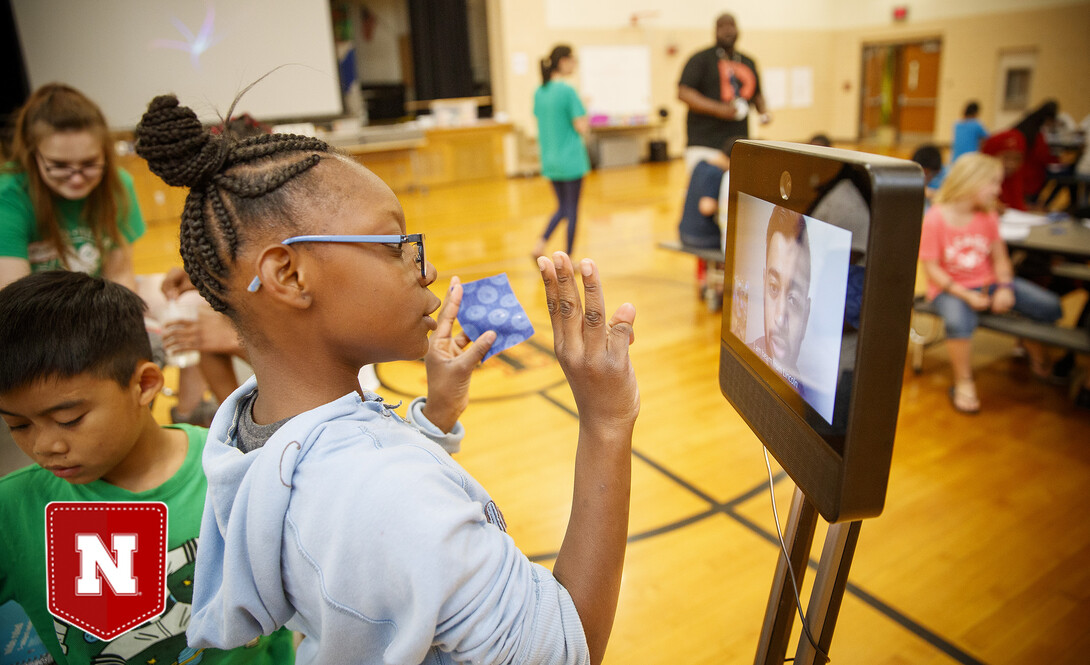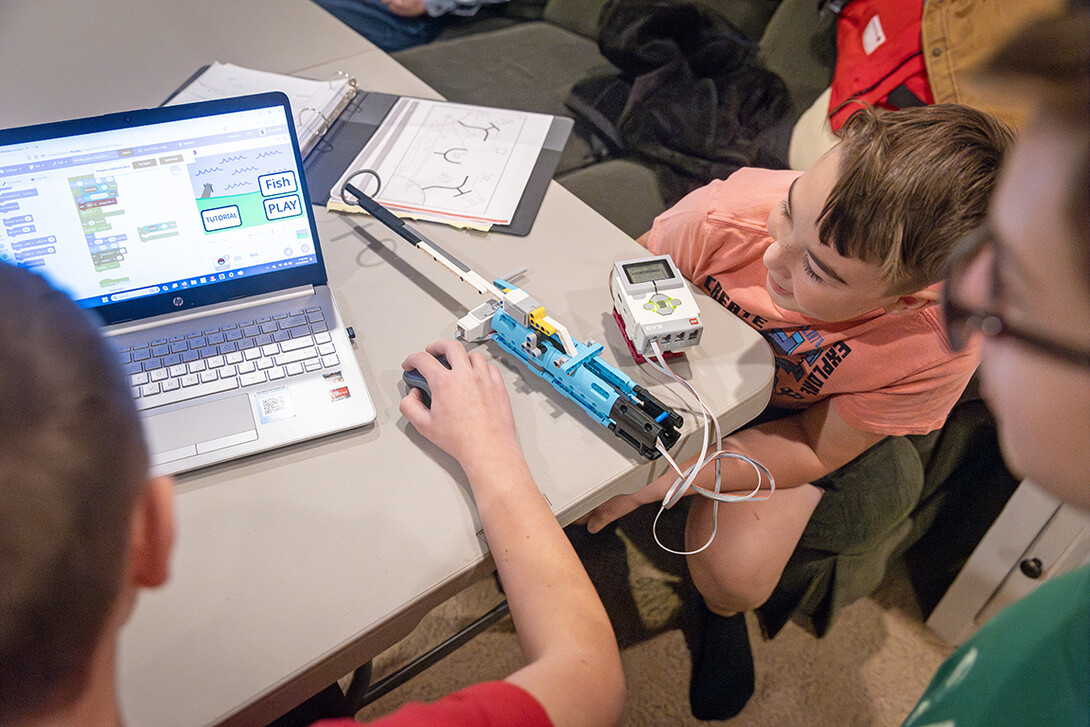
Welcome to Pocket Science: a glimpse at recent research from Husker scientists and engineers. For those who want to quickly learn the “What,” “So what” and “Now what” of Husker research.
What?
Previous research has established that youth participation in science-focused afterschool clubs leads to a higher science identity — or seeing oneself as a science kind of person or as a scientist — and that peers exert influence over interests, even in academics, such as taking classes in the science, technology, engineering and math (STEM) fields.
To help build out the future STEM workforce, science-focused afterschool clubs, camps and other programs have been launched to encourage youth to pursue STEM interests, but those efforts can’t reach every child. Based on findings from research on peer influence, it’s possible that tangential benefits may exist within adolescent friendship networks.

So what?
A recent study led by University of Nebraska–Lincoln researchers Patricia Wonch Hill, Grace M. Kelly and Julia McQuillan is the first to demonstrate that having friends who participate in afterschool science clubs is associated with a higher science identity, even for individuals in the friend group who don’t participate themselves. Additionally, the research, which surveyed 421 middle school students, provides further evidence that afterschool programming increases science identities among participants.
Now what?
The study’s authors suggest that future research could be done longitudinally and with larger samples to further examine how science identities develop over time, and to what extent peer associations are playing a role.
“Science identity processes are complex and emergent among adolescents, and research on science identities indicates feedback loops among youth and their peers over time,” the authors wrote. “Future research that follows youth over time (particularly as they add club participation and/or change friendship groups) will substantially strengthen or challenge current findings.”







